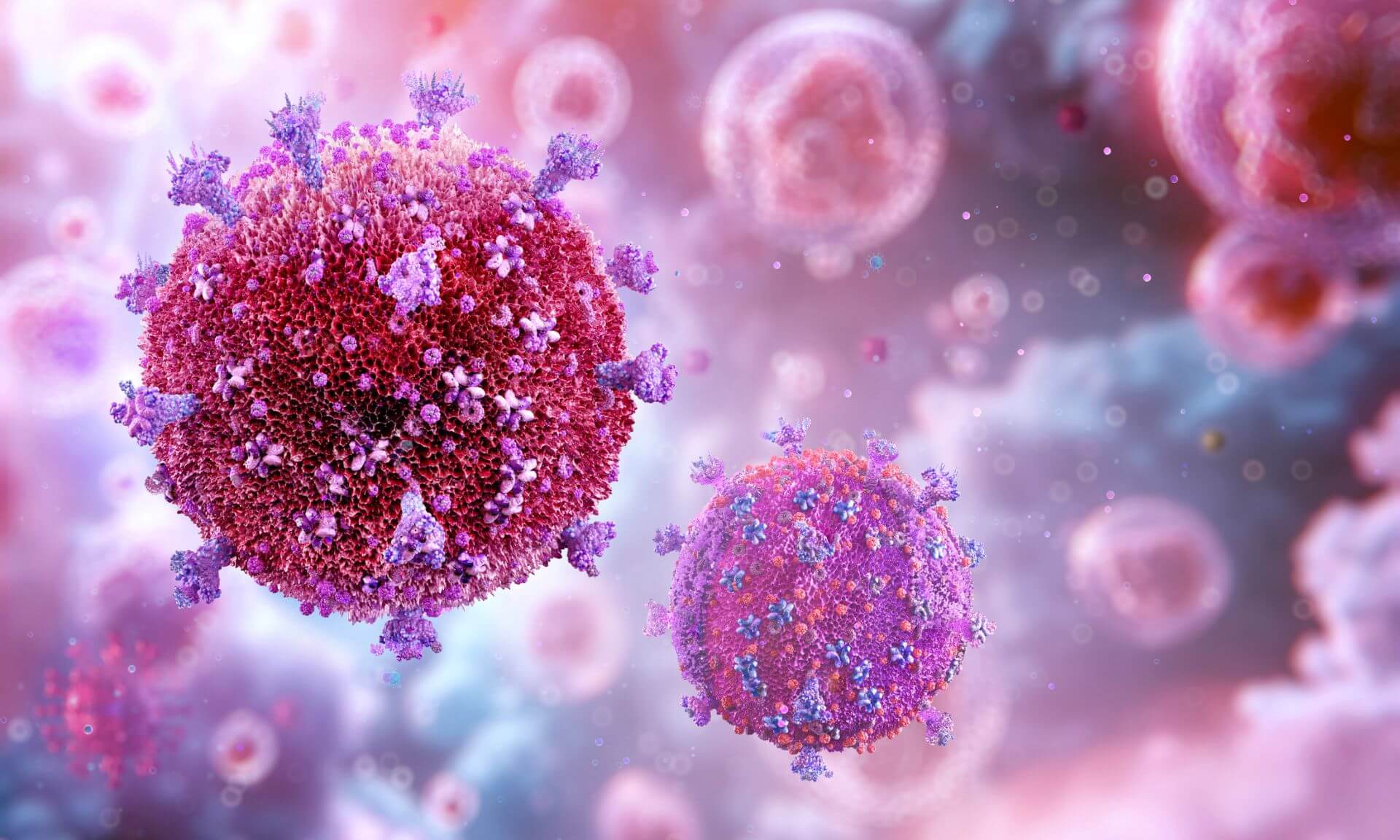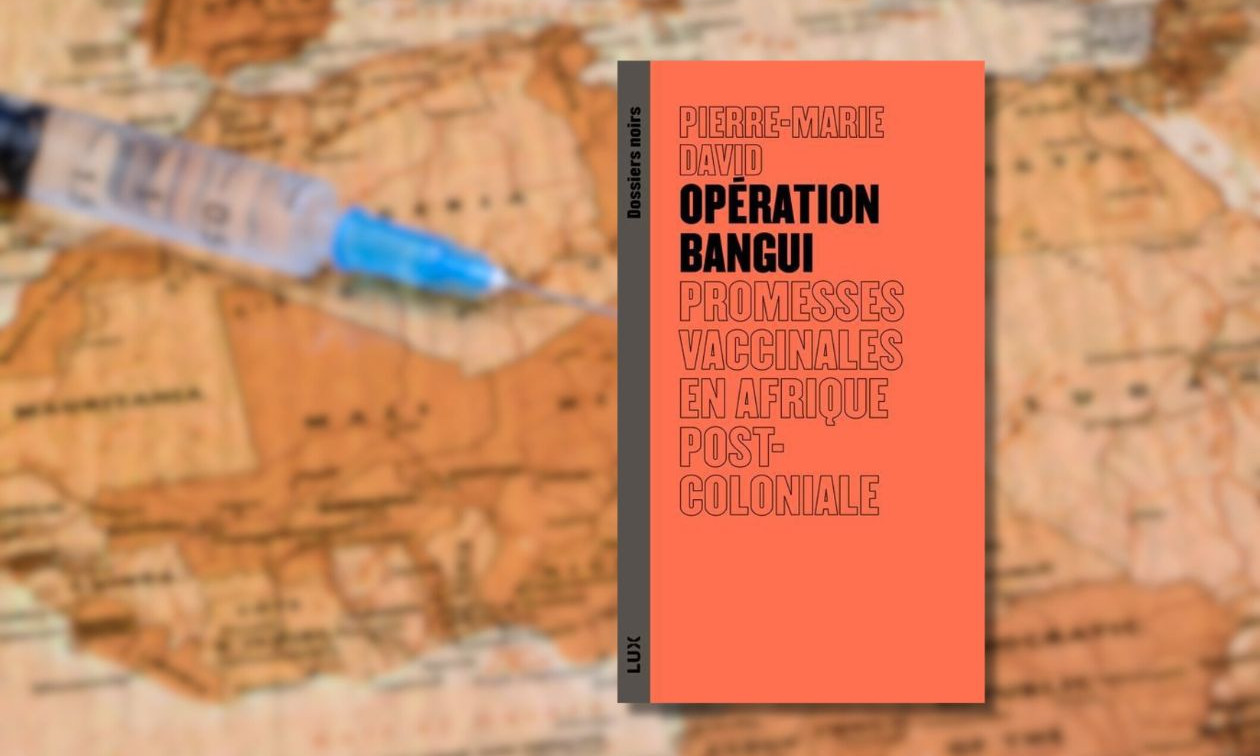With the publication of a remarkable study in 2023, the two scientists and Mehdi Benlarbi, a PhD student in Finzi’s lab, showed a keen interest in the HIV molecule gp120. The virus is known to infect CD4 cells responsible for activating the defences of the body’s immune system, but the researchers suspected it does more than that.
In fact, in one in three people, gp120 circulates in the blood, acting as a viral toxin—even when the HIV viral load is undetectable. It attaches itself to healthy cells, targeting them for elimination by the immune system, which ends up destroying its own defences, as shown by Finzi’s lab back in 2016.
In a new study, published in August 2025 in eBioMedicine, the CRCHUM scientific team shows that certain non-neutralizing antibodies, known as anti-cluster A antibodies, exacerbate this situation by attacking these uninfected CD4 cells made vulnerable by the action of gp120.
“This form of immune sabotage leads to a decrease in the number of CD4 cells and has a direct impact on the ability of the immune system of PLWH to fight the virus,” explained Finzi, a professor of virology in UdeM’s Faculty of Medicine.
“Conversely, in our study, we show that other rarer antibodies—anti-CD4 Binding Site (CD4BS) antibodies—block gp120 from binding to the surface of healthy CD4 cells and protect them,” he added.
This discovery was made possible with blood samples from the Canadian HIV and Aging Cohort Study (CHACS) led by Dr. Madeleine Durand. This cohort included 850 PLWH and 250 control subjects.
“Only 15 percent of PLWH have these ‘good’ antibodies in their plasma, in addition to the ‘bad’ antibodies that get rid of healthy cells,” said Durand, clinical professor at the Faculty of Medicine at Université de Montréal.




